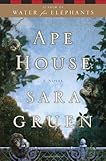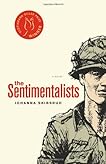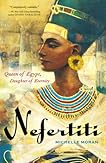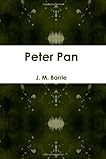“Do Not Say We Have Nothing” is a moving story of musicians who suffered during and after China’s Cultural Revolution. Jiang Li-Ling, the narrator speaks to us from the present day telling us about her father, a brilliant musician, who committed suicide in Hong Kong when she was a little girl.
In Ms. Thien’s novel there is so much going on it is easy to get lost trying to keep track of the people and movements in order to keep everything straight. The numerous details and complexity of the book’s structure gives us an idea what we are up against. Part one: contains eight sequential chapters, Part Zero: seven chapters in reversed order from seven to one, followed by a coda to conclude. A real mishmash…..
At its heart, the novel explores the history of two families while examining the love of musicians in 20th century China, the effect of political changes which had terrible effects on the people. But it doesn’t stay there and to complicate things added into the mix are coded stories from a novel called Book of Records. Time shifts back and forth within chapters weaving back to China’s civil war and up to the present day and shuffling between characters. The story spans some six decades, so don’t blink an eye this novel needs our entire attention, so much is said. To top it all, throughout the novel language is central: English, Mandarin, Chinese and music plays a good part. This is definitely an exhausting read.
No doubt Ms. Thien did extensive research to masterfully layer a story within a story and pen this kind of demanding novel that is full of scenes that linger in our imagination long after the closing page. Ex: the student-led demonstrations in Tiananmen Square in 1989. The author vividly describes those scenes with passion.
Some will love this novel for its riveting and lyrical phrases and other will find the experience confusing, disjointed and very-long. Although I made it to the end I admit to have struggled all through….At this time, I sit on the fence ….looking more towards the ground….



















No comments:
Post a Comment